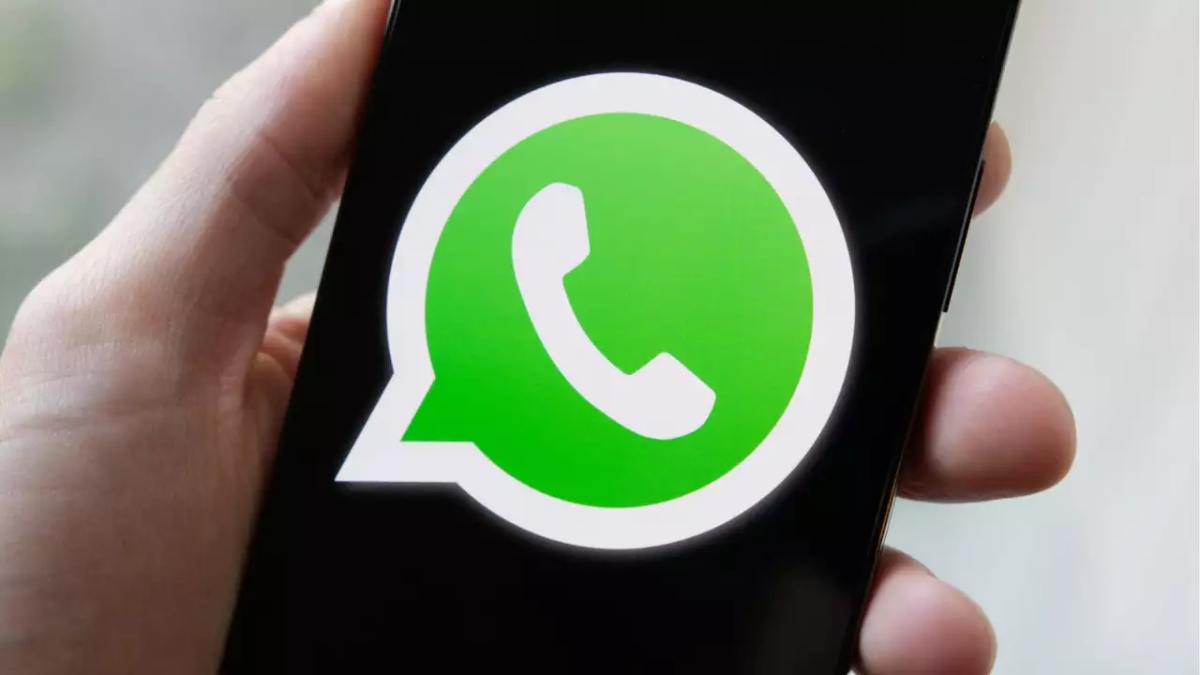Apps
WhatsApp will Finally Allow You to Unsubscribe from Spam about Business Marketing

WhatsApp Business has expanded to over 200 million monthly users over the past few years. This implies that a large number of businesses are messaging users, some of which may be regarded as spam. Customers had no option but to either disable the business account completely or allow them to send messages and offers. That is finally going to change with WhatsApp.
The company is already testing new methods for customers to tell companies what kinds of messages they would like to receive—or not. This includes buttons for some message types, such as “interested/not interested” and “stop/resume.”
According to Meta, it will start testing interactions all across the world. Users can specify, for example, whether they would like to receive “offers and announcements” or not. Additionally, they have the option to completely stop getting these kinds of messages. In the future, consumers who want to receive offers from a brand throughout the holiday season will be able to resume messages.
WhatsApp’s API allows businesses to send messages based on four categories: marketing (new products, offers), utility (account balance, order updates), authentication (one-time passwords), and service (customer inquiries).
Although the backend has these categories, clients could not previously stop receiving a specific type of message while still receiving others. For example, you might wish to receive authentication codes and purchase updates from an e-commerce site, but you wouldn’t have the ability to manually supply that feedback if you weren’t interested in marketing messages.
Unlike email, many WhatsApp users in countries like Brazil and India rely on their phone numbers as their main means of communication. You can choose to unsubscribe from promotional emails via email, but WhatsApp doesn’t have the same features. As a result, users were inundated with spammy business messages.
The company has been thinking about implementing new guidelines for business messaging. This functionality was alluded to by Nikila Srinivasan, vice president of product management for messaging monetization at Meta, during a discussion held in September on the sidelines of a WhatsApp Business event in India.
“One important thing we do is to give you transparency that you are interacting and engaging with businesses. Two, if you don’t want to interact with them, the strongest signal you can send is to block them and report them. This helps us understand that this is not a business you want on the platform. In addition to that, we are starting to think about how we can give more preferences to users to express more granularity,” she said.
Srinivasan added that spam will eventually be reduced if companies are educated and assisted in understanding how certain of their strategies are not up to platform or user standards.
The company began limiting how many marketing communications messages a person might receive in a day earlier this year, but it didn’t specify the cap.
WhatsApp promoted itself for a long time as a platform for private conversations. The company has added features in recent years to help users create and join communities, broadcast messages as a publisher or creator, and, for businesses, interact directly with consumers. The app has separate sections for broadcast channels and communities.
There is no mechanism to filter business communications, though, and they continue to appear in the main chat inbox. The company stated during its Q3 2024 quarterly call that the WhatsApp Business platform is a major contributor to the $434 million in revenue generated by its family of other apps during the quarter. The company must strike a balance between generating revenue and without offending its core WhatsApp customers by sending them a lot of business messages.
When questioned Srinivasan about this balance and the potential for setting up a separate place for business messages, she noted that a number of the more recent WhatsApp features are optional and separate from the primary inbox.
“The core of what you want to do with WhatsApp is to be in your inbox. When I think about whether we would create a separate experience for businesses, I really love the inspiration that we have for helping businesses. Whatever we are doing in terms of educating businesses and investing in user controls is because we want the standard of what actually belongs in your inbox to feel really high,” she said.
-

 Business4 weeks ago
Business4 weeks agoHow to fill MSME Form 1? Step-by-Step Guide
-

 Gadget4 weeks ago
Gadget4 weeks agoAfter Grand Success on BLDC Ceiling Fan, Eff4 Is Launching Smart Bulb
-

 Festivals & Events4 weeks ago
Festivals & Events4 weeks agoGoogle Celebrates Cherry Blossom Season with Animated Doodle
-

 Business2 weeks ago
Business2 weeks agoPrakash and Kamal Hinduja: Driving Social and Environmental Change
-
Education3 weeks ago
Fred DuVal: University Leadership as a Critical Resource for Climate Change Research and Life-Saving Solutions
-

 Sports4 weeks ago
Sports4 weeks ago2025 NASCAR Craftsman Truck Series Baptist Health 200 at Homestead-Miami Speedway: Race Preview, Prediction, Schedule, Entry List, Drivers to Watch and How to Watch
-

 Health2 weeks ago
Health2 weeks agoThe Hinduja Brothers Commitment to Global Health: Empowering Communities Across Borders
-

 Cryptocurrency2 weeks ago
Cryptocurrency2 weeks agoDesigned For The Masses: How Akasha (AK1111) Is Unlocking Crypto For The Next Billion Users

























